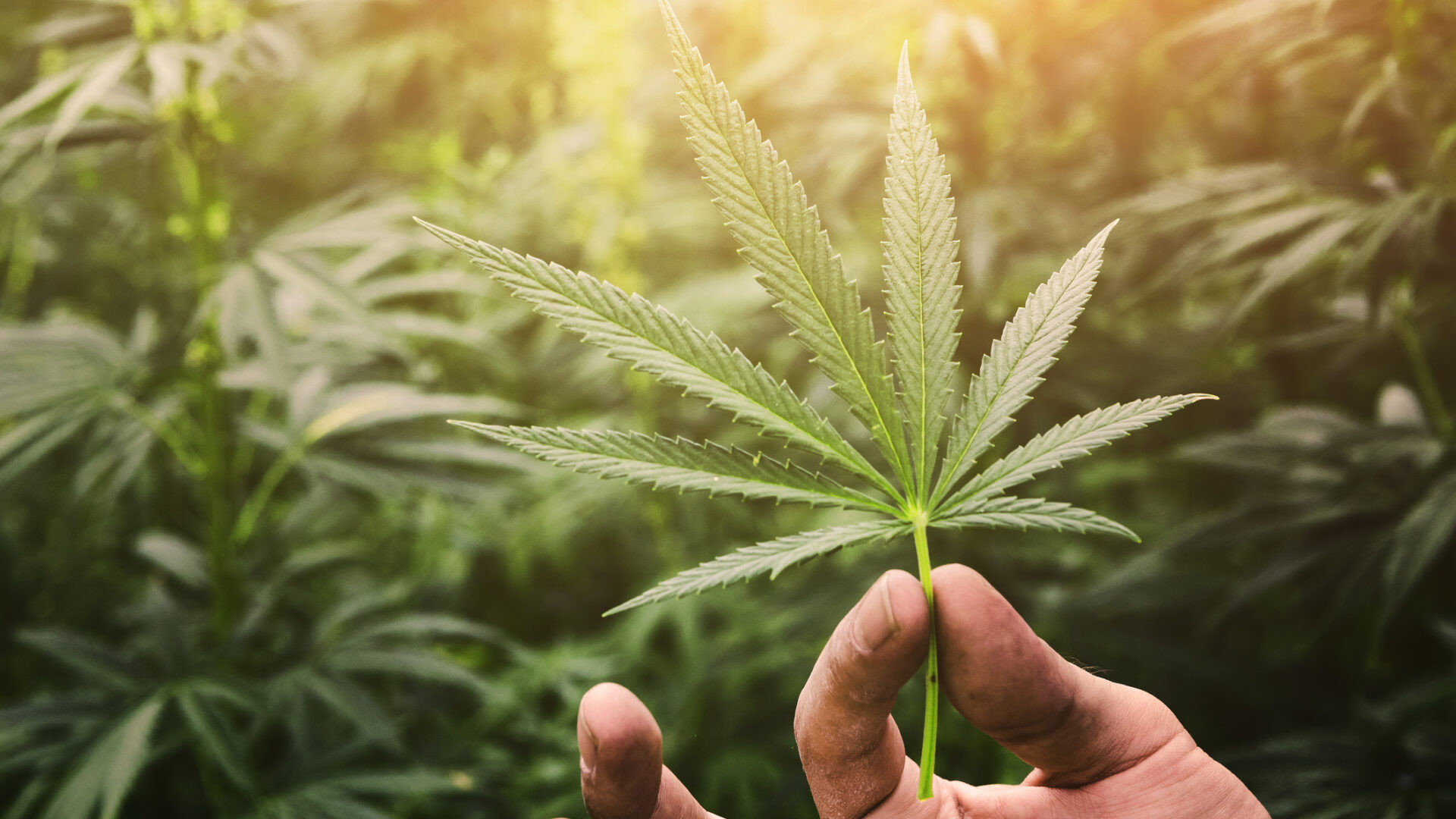Potatoes are a staple food in many households around the world. They are versatile, delicious, and packed with essential nutrients. However, you may have come across sprouted potatoes and wondered if they are safe to eat. In this comprehensive guide, we will explore the topic of sprouted potatoes, discussing their safety, potential risks, and how to handle them properly. By the end, you will have a clear understanding of whether or not you should consume sprouted potatoes.
Understanding Sprouted Potatoes:
When potatoes are stored under certain conditions, such as exposure to light and warm temperatures, they have the tendency to sprout. Sprouts emerge from the eyes of the potato, which are small indentations on its surface. These sprouts are elongated shoots that eventually grow into stems and leaves. While sprouting is a natural process for potatoes, it raises questions about their safety for consumption.
Potential Risks of Sprouted Potatoes:
- One of the main concerns with sprouted potatoes is the presence of solanine. Solanine is a toxic compound found in various members of the nightshade family, including potatoes. It acts as a natural defense mechanism, protecting the potato from pests and diseases. When potatoes sprout, the solanine levels can increase, especially in the sprouts themselves and the areas immediately surrounding them.
- Consuming high levels of solanine can lead to gastrointestinal issues, such as nausea, vomiting, and diarrhea. In more severe cases, it can cause neurological symptoms like headaches and confusion. However, it’s important to note that the amount of solanine in sprouted potatoes varies greatly depending on factors such as the potato variety, storage conditions, and length of sprouting.
Determining the Safety of Sprouted Potatoes:
- While sprouted potatoes do contain increased levels of solanine, not all sprouts are equal. The safety of sprouted potatoes largely depends on the length and condition of the sprouts. Short, small sprouts that are just starting to emerge are generally considered safe to eat, as they have not accumulated high levels of solanine. On the other hand, potatoes with long, thick sprouts or those that have turned green should be avoided.
- The green color in potatoes indicates the presence of another toxin called chlorophyll. Chlorophyll develops when potatoes are exposed to light during storage. It is often accompanied by a bitter taste. Both solanine and chlorophyll are concentrated in the green parts of a sprouted potato, including the skin and the sprouts themselves.
Proper Handling and Preparation:
To minimize the risks associated with sprouted potatoes, it’s crucial to handle and prepare them correctly. Here are some guidelines to follow:
- Inspect the potatoes: Before cooking or consuming potatoes, inspect them carefully. Discard any potatoes with extensive sprouting, visible mold, or a strong green color.
- Remove the sprouts and green areas: If you have potatoes with small sprouts, you can remove them by gently cutting or scraping them off. Similarly, peel away the green parts of the potato, as they contain higher concentrations of solanine and chlorophyll.
- Cook thoroughly: Cooking potatoes at high temperatures can help reduce the levels of solanine and make them safer to eat. Boiling, baking, roasting, or frying potatoes until they are fully cooked can help break down the toxins.
- Store potatoes properly: To prevent or slow down sprouting, store potatoes in a cool, dark, and well-ventilated place. Avoid storing them in direct sunlight or at high temperatures.
Conclusion:
In conclusion, sprouted potatoes can pose potential risks due to increased levels of solanine. However, not all sprouts are dangerous, and short, small sprouts are generally safe to consume. It’s important to exercise caution and inspect potatoes for extensive sprouting, green coloration, and signs of mold. Removing the sprouts and green areas, and cooking potatoes thoroughly can further mitigate the risks. By following proper handling and preparation techniques, you can still enjoy the nutritional benefits of potatoes while minimizing any potential health concerns associated with sprouting.
- Colorado Chem RBX3 Marijuana Strain - September 22, 2023
- Where Can I Buy Delta 8 Gummies - July 21, 2023
- Sprouted Potatoes: Are They Safe to Eat? - July 15, 2023

